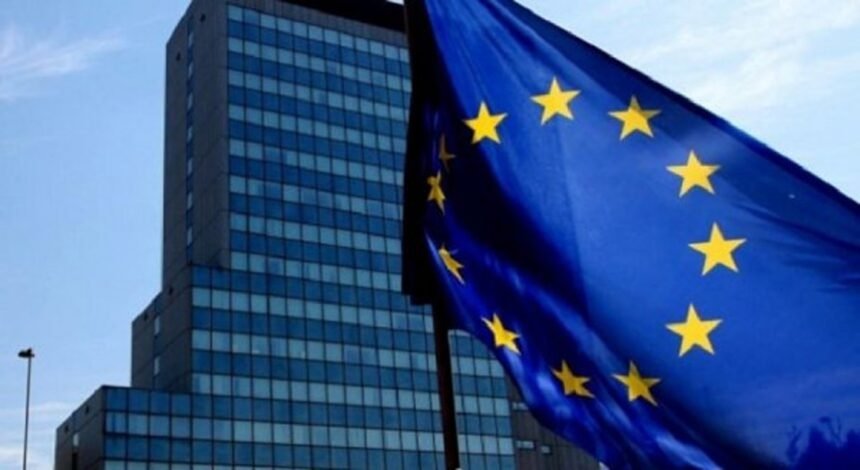Developments in the fields of economic and financial issues, as well as statistics, were the main topics discussed at the seventh meeting of the Stabilisation and Association Agreement (SAA) Sub-Committee between officials from Kosovo and the European Commission, held yesterday in Brussels.
During the meeting, officials exchanged views on economic and financial developments, budgetary and fiscal policies, the business environment, statistics, and internal public finance control.
In the area of economic and fiscal policies, topics addressed included gross domestic product growth, inflation, the labor market, and the external sector.
Kosovo presented its perspective on fiscal policies, including risk assessment, fiscal challenges, and the preparation and approval of the 2026 budget, which has been delayed due to the political deadlock.
The EU emphasized the importance of maintaining macro-fiscal stability by respecting spending and deficit limits set by fiscal rules while simultaneously supporting growth-promoting expenditures.
Participants also discussed recent developments in the banking and insurance sectors, as well as issues related to the free movement of capital.
Key structural reforms necessary to enhance Kosovo’s capacity to cope with competitive pressures and market forces were also discussed, particularly in the business environment, energy, and privatization sectors.
This included discussions regarding developments foreseen by the Law on Sustainable Investments, such as the establishment of an Investment and Export Agency and an Enterprise Support Agency. Progress in other structural reforms aimed at promoting private sector development and foreign direct investment, as well as legislative developments, financial stability, and public enterprise governance, was also evaluated.
In the field of statistics, participants agreed that reliable, high-quality statistics are essential for evidence-based policymaking. Key priorities include improving access to available administrative data and their systematic use.
Discussions focused on the need to strengthen the capacities of the Kosovo Statistics Agency, particularly regarding the provision of necessary human and financial resources for the planned Agricultural Census.
In public financial control, the latest developments in Internal Public Financial Control were addressed, emphasizing comprehensive implementation of Internal Public Financial Control, Public Financial Management, and Public Administration reforms.
The discussions also highlighted the urgent need to strengthen internal audit capacities and improve overall transparency in Kosovo’s reporting.
The SAA provides a framework for the EU and Kosovo authorities to discuss technical and policy matters related to EU-aligned reforms.
SAA bodies include the Stabilisation and Association Council, supported by the Stabilisation and Association Committee, as well as SAA Sub-Committees covering a wide range of the EU acquis.
Meetings of SAA bodies directly contribute to the European Commission’s annual reports. Each sub-committee meeting monitors and reviews Kosovo’s reform progress and identifies ways the EU can assist in this process.
Seven sectors are covered through respective sub-committee meetings: Justice, Freedom, and Security; Innovation, Information Society, Social Policies, Education, and Culture; Trade, Industry, Customs, and Taxes; Internal Market, Competition, Consumer and Health Protection; Agriculture, Fisheries, Forestry, Food Safety; Transport, Environment, Energy, Climate Change, and Regional Development; Economic and Financial Affairs, Statistics.
Two additional areas, addressed through special group meetings, are public administration reform and the normalization of relations between Kosovo and Serbia.
SAA Committee and Sub-Committee meetings are co-chaired by the European Commission and Kosovo. Each meeting results in jointly agreed follow-up actions to be implemented by Kosovo authorities. The period between meetings allows for the implementation of recommendations and subsequent agreed actions.







